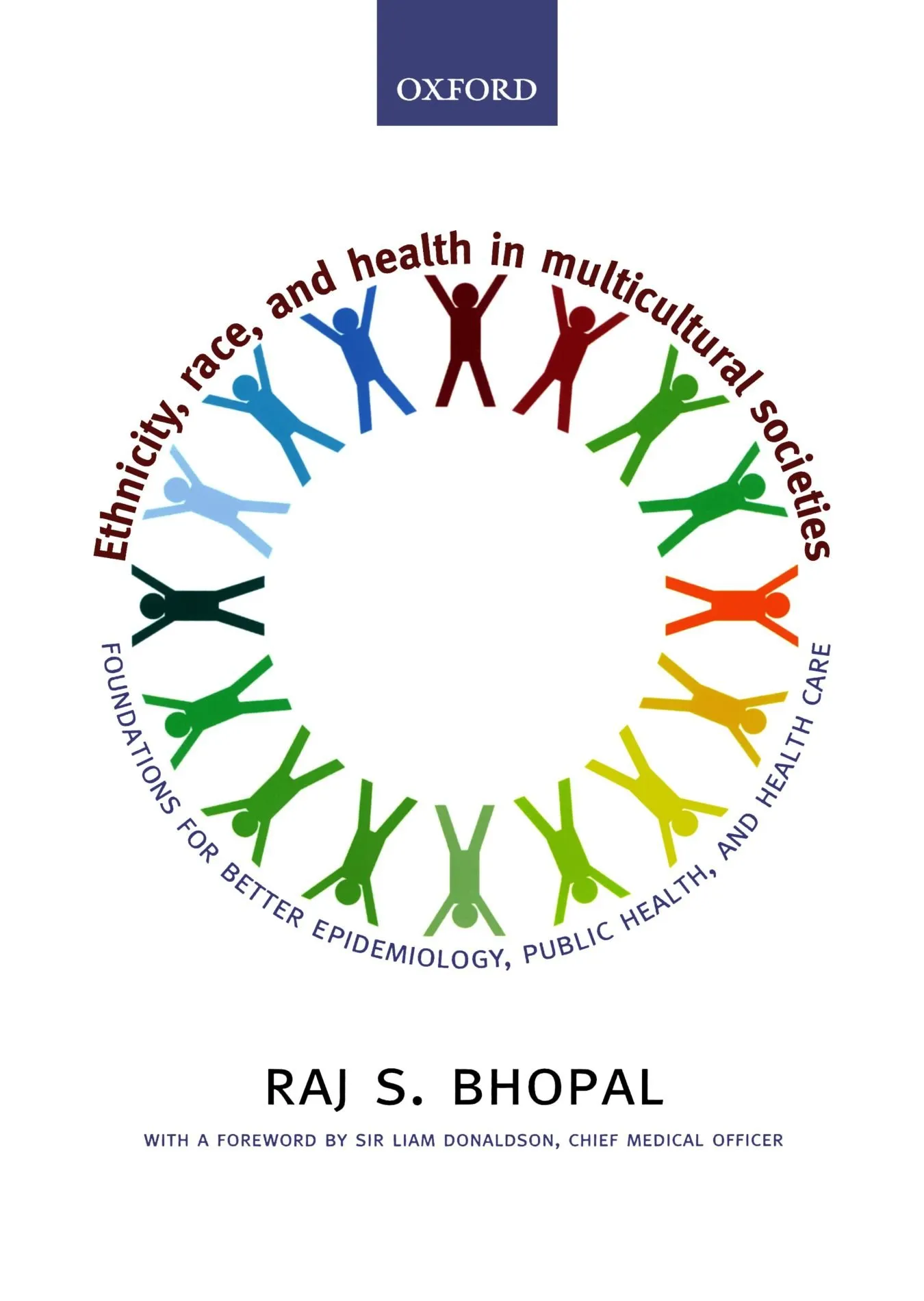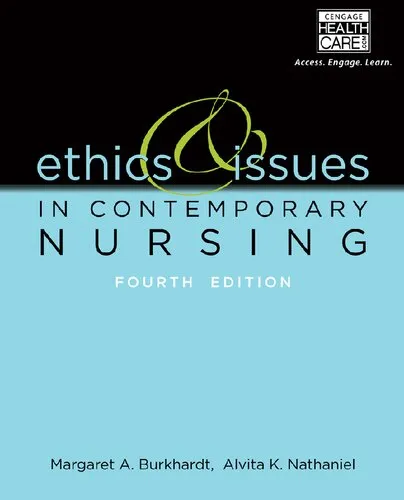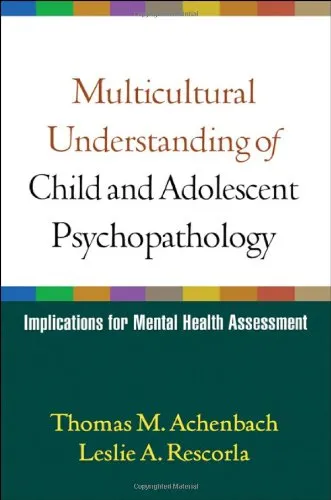Ethnicity, Race, and Health in Multicultural Societies: Foundations for Better Epidemiology, Public Health, and Health Care
4.5
Reviews from our users

You Can Ask your questions from this book's AI after Login
Each download or ask from book AI costs 2 points. To earn more free points, please visit the Points Guide Page and complete some valuable actions.Related Refrences:
Introduction to 'Ethnicity, Race, and Health in Multicultural Societies'
"Ethnicity, Race, and Health in Multicultural Societies: Foundations for Better Epidemiology, Public Health, and Health Care" serves as an essential resource for understanding and addressing the complexities of health disparities in diverse and multicultural societies. Written by Raj S. Bhopal, this book provides a comprehensive exploration of the intersection between race, ethnicity, and health. Through meticulous research and a framework built on solid epidemiological foundations, it equips health professionals, researchers, and policymakers with the tools needed to enhance health care and public health outcomes in an increasingly globalized world.
Detailed Summary of the Book
The book begins by defining and critically examining the concepts of ethnicity and race, offering a framework for their use in public health and health care. It delves into the historical, sociological, and epidemiological dimensions of race and ethnicity, providing clarity on these often-misunderstood terms. These foundational concepts set the stage for addressing health inequalities and the ways society defines and manages them.
In subsequent chapters, the book examines how race and ethnicity influence health at both the individual and population levels. It explores the impacts of social determinants, genetic predispositions, cultural practices, and historical inequities, offering a holistic perspective. The analysis is further enriched by discussions on racism and its pervasive effects on the allocation of resources, health services, and epidemiological research.
The book highlights practical examples from various countries and regions. It provides case studies that underline best practices, successful public health interventions, and the challenges of combating health disparities. The practical strategies in the book are invaluable for shaping policy and improving health systems in multicultural societies.
Finally, the author offers a forward-looking vision, emphasizing the need for inclusive approaches in public health policy, the adaptation of epidemiological methods to diverse populations, and the importance of education and training in race, ethnicity, and health. By the end, readers are left with actionable knowledge, a deeper awareness of health disparities, and a guide to creating equitable health care environments.
Key Takeaways
- Understanding the definitions of ethnicity and race is critical for addressing health inequalities.
- Social determinants of health, including systemic racism, greatly influence health outcomes.
- A culturally competent and informed public health system is essential in multicultural societies.
- Epidemiology must evolve to better address the complexities of diverse populations.
- Collaborative leadership and policy reform are necessary to advance health equality.
Famous Quotes from the Book
"The concepts of race and ethnicity are not just biological or sociological constructs — they are lenses through which we view and organize the world."
"Health inequalities are a mirror of social inequalities, and to address them is not only a medical challenge but a moral imperative."
"Cultural competence in health care is more than a skill; it is an ethos of respect, empathy, and inclusion."
Why This Book Matters
In an era of globalization and increasing cultural diversity, health inequities continue to persist across the globe. This book provides a roadmap for addressing these disparities, urging health professionals to embrace culturally competent approaches to care and research. By bridging the gap between epidemiology and social science, it empowers readers to understand the root causes of health inequalities and create effective solutions.
The book's focus on practical strategies is particularly relevant for policymakers, practitioners, and academics in fields such as medicine, public health, and social sciences. It encourages a critical examination of existing systems and policies, pushing for reform that centers on equity and fairness. By addressing one of the most pressing challenges in public health, this book serves as both a wake-up call and a guide to action.
Whether you are a student, a seasoned professional, or simply someone with an interest in health and society, this book provides the tools to better understand the complexities of race, ethnicity, and health. It challenges readers to rethink traditional paradigms and fosters a commitment to creating a world where health care and public health are inclusive, equitable, and accessible to all.
Free Direct Download
You Can Download this book after Login
Accessing books through legal platforms and public libraries not only supports the rights of authors and publishers but also contributes to the sustainability of reading culture. Before downloading, please take a moment to consider these options.
Find this book on other platforms:
WorldCat helps you find books in libraries worldwide.
See ratings, reviews, and discussions on Goodreads.
Find and buy rare or used books on AbeBooks.
1163
بازدید4.5
امتیاز0
نظر98%
رضایتReviews:
4.5
Based on 0 users review
Questions & Answers
Ask questions about this book or help others by answering
No questions yet. Be the first to ask!














